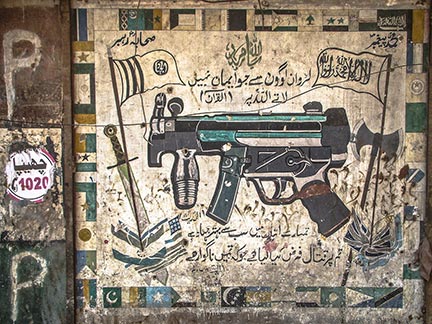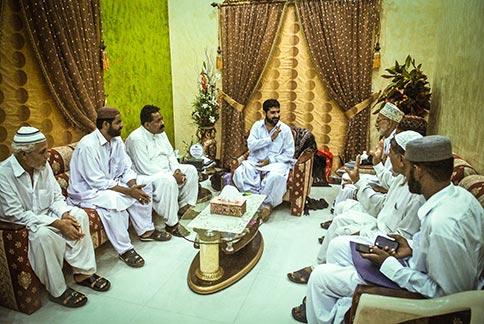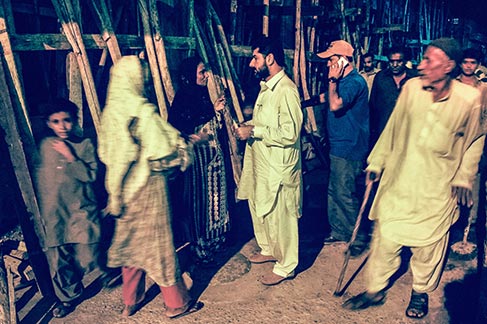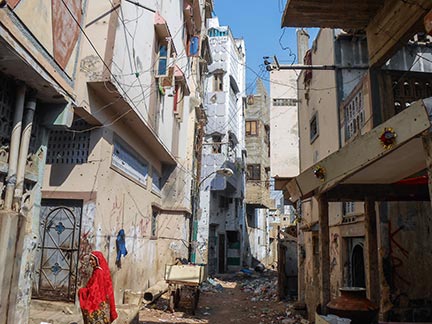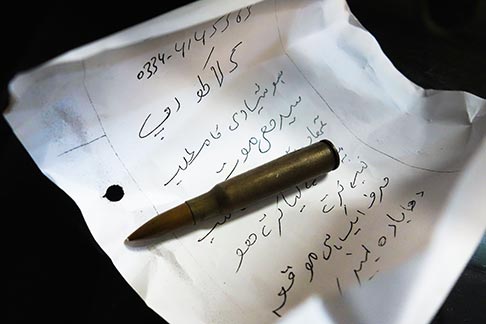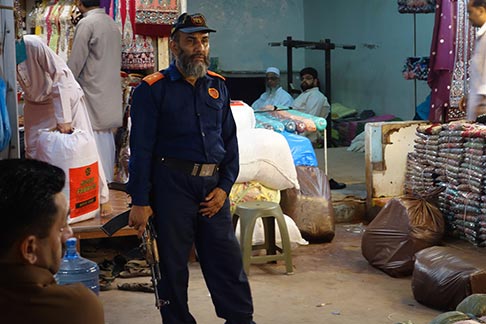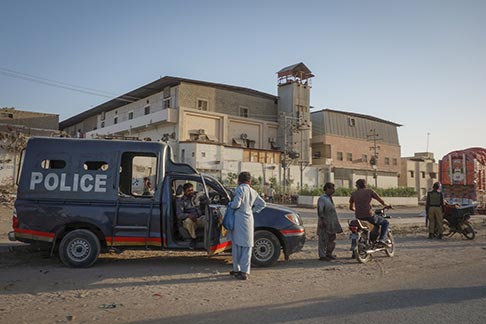Karachi - Ordered Disorder and the Struggle for the City
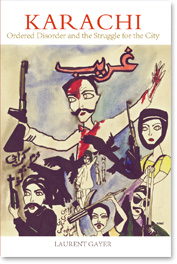
With a population exceeding twenty million, Karachi is one of world’s largest ‘megacities’. It is also one of the most violent.
Since the mid-1980s, Karachi has endured endemic political conflict and criminal violence, which revolve around control of the city and its resources (votes, land and bhatta — ‘protection’ money). These struggles for the city have become ethnicised. In the process, Karachi, often referred to as a ‘Pakistan in miniature’, has become increasingly fragmented, socially as well as territorially.
Despite this chronic state of urban political warfare, Karachi remains the cornerstone of the economy of Pakistan. In contrast to the ‘chaotic’ and ‘anarchic’ city portrayed in journalistic accounts, there is indeed order of a kind in the city’s permanent civil war.
Far from being entropic, Karachi’s polity is predicated upon relatively stable patterns of domination, rituals of interaction and forms of arbitration, which have made violence manageable for its population—even if this does not exclude a pervasive state of fear, which results from the continuous transformation of violence in the course of its updating. Whether such ‘ordered disorder’ is viable in the long term remains to be seen, but for now Karachi works despite—and sometimes through—violence.
Voir le sommaire - Lire l'introduction
Laurent Gayer, chargé de recherche CNRS au CERI, spécialiste du sous-continent indien présentera le 12 mai à 17 h "Karachi. Ordered Disorder and the Struggle for the City", ouvrage qu'il vient de publier chez Hurst Publishers & Co/Oxford University Press.
A peine publié, cet ouvrage est reconnu comme une référence, ainsi que le démontrent les premières critiques parues aux Etats-Unis :
‘Laurent Gayer’s Karachi is the best book yet published on the interplay of politics, ethnicity, religion, and criminality in one of the world’s largest cities.’ — Anatol Lieven, New York Review of Books
‘This manuscript is a rich, multifaceted, self-reflective, ethnographic tapestry of the history and evolution of violent practices in Karachi (...). It provides a comprehensive coverage of a very complex reality. Gayer has mastered this complexity and he approaches it in a number of ways: chronological, by focusing on different violent actors, by placing himself in the shoes of those experiencing the violence, and by interpreting literary forms that emerge as a reaction to it (...) ’ — Stathis Kalyvas, Yale University
Cet ouvrage fait partie de la collection "Comparative Politics and International Studies", publiée depuis 1999 par le CERI avec les éditions Hurst Publishers & Co. Cette collection accueille un nombre croissant d'ouvrages originaux rédigés directement en langue anglaise que le CERI souhaite présenter au public, au sein de Sciences Po et au-delà.







